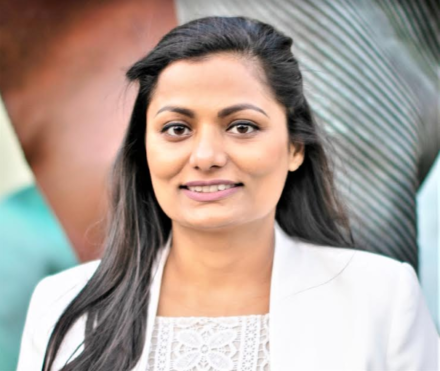This post is part of a series which asked past presidents of ASC: What are the biggest science communication challenges Australia faces right now and over the next decade?
Response from Craig Cormick
I feel the biggest science communication challenge facing Australia is the fact we all eat different biscuits but don’t know enough about those who eat different biscuits to us, nor why they prefer them and who they talk to about them.
Let’s call that biscuit diffusion. Its Latin scientific name would be: bis cotus diffusion.
In plain English, without the biscuit metaphor, that means there are more and more diffuse audiences that are further and further apart from each other, and there are more and more diffuse messages that we need to target those different audience with, and there are more and more diffuse mediums that we need to use to best reach them.
Many of us get that. But many of us don’t.
For as target audiences diffuse it is harder and harder to see the other audiences who do not sit somewhere near us. In a supermarket it is pretty plain to see that not everyone likes the same types of biscuits as us, because all the other biscuits are there in front of us – and if we stay there in the supermarket aisle long enough we will even see some people choosing Iced VoVos and some choosing Wafers and some even choosing Ginger Nuts (yeah, I know, what are they thinking?)
But in a more diffuse landscape the different biscuits are nowhere near each other, and might even be in different shops in different suburbs. So our capacity to know what other biscuits exist is diminished, and our capacity to know anything about those other biscuit buyers is diminished ever further.
And we tend to work with people who like the same biscuits as us, and we tend to prefer simple messages over complex ones. This means we know just how to reach those other people who prefer the logic and reason of Scotch Finger biscuits, and we spend much of our time talking to them. But we just can’t really understand those crazy Iced VoVo eaters! I mean, we’ve showed them the data and facts about the superiority of Scotch Fingers but they just keep on buying and eating Iced VoVos! What is wrong with them?
We really have to admit our biscuit failures and we need to really work harder to better understand those other biscuit eaters, and know what messages and what mediums and what influences they respond to. We need to better understand not just the Ice VoVo eaters, but those who prefer Honey Jumbles and Tic Tocs and Vita Wheat and yes, even Tiny Teddies!
It is no good saying the problem is with them. No more than we can say the problem is with those who refuse to accept our facts on climate change, or that we were taken by surprise by the outcome of the US Presidential election, or the Australian Federal election, or the Brexit vote.
We should have been talking to those people who don’t think like us and know where they are and know what their preferred mediums and influencers are. And we should be working with them to frame messages to best reach them.
They are not the enemy – regardless of their different views – they are just different biscuits eaters to us, and the biggest challenge for science communications is to stop doing things the way we have traditionally done them, and concentrate on how to best reach them, understand them, and successful communicate with them.

